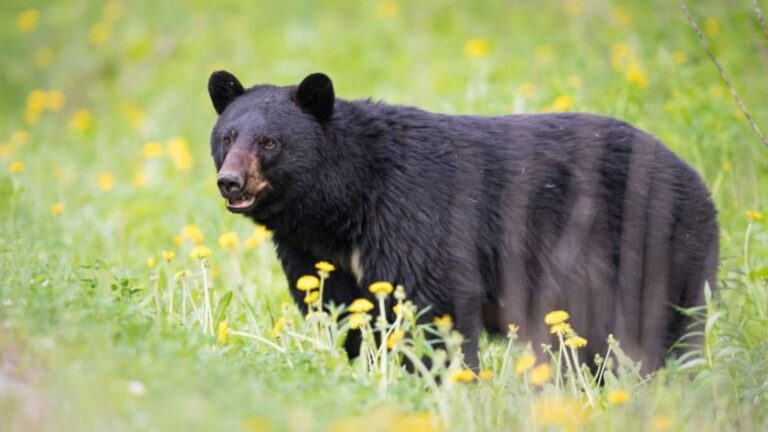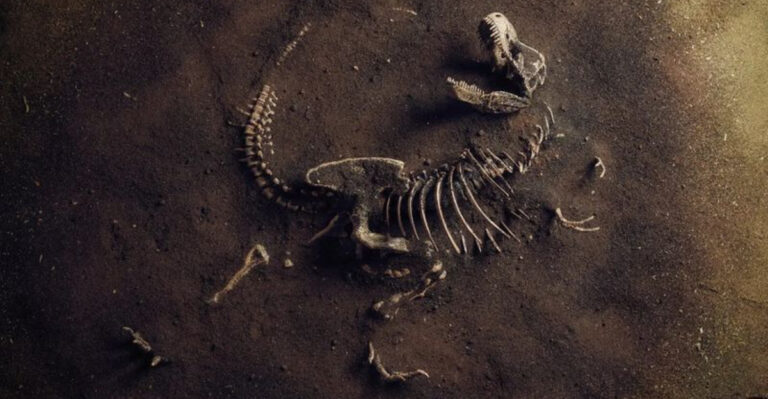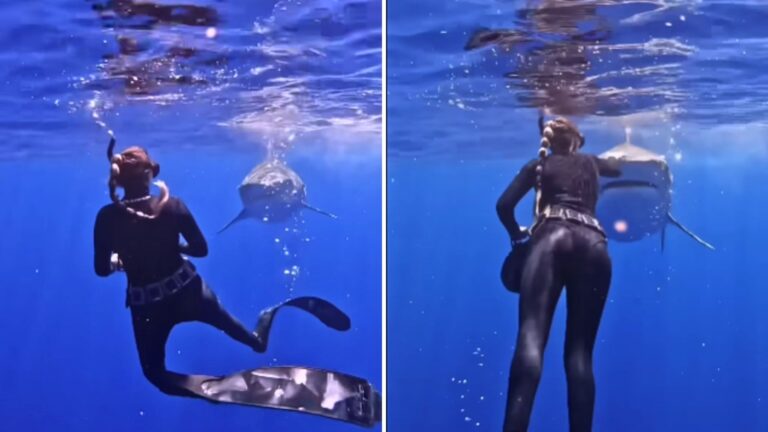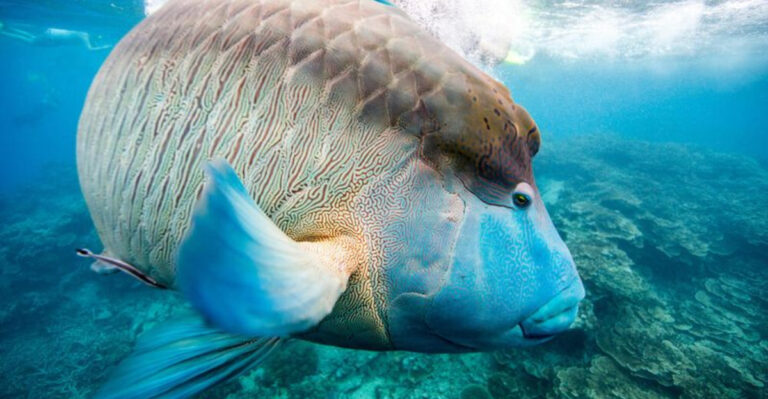Volcano-Dwelling Sharks? Scientists Just Confirmed It’s Real
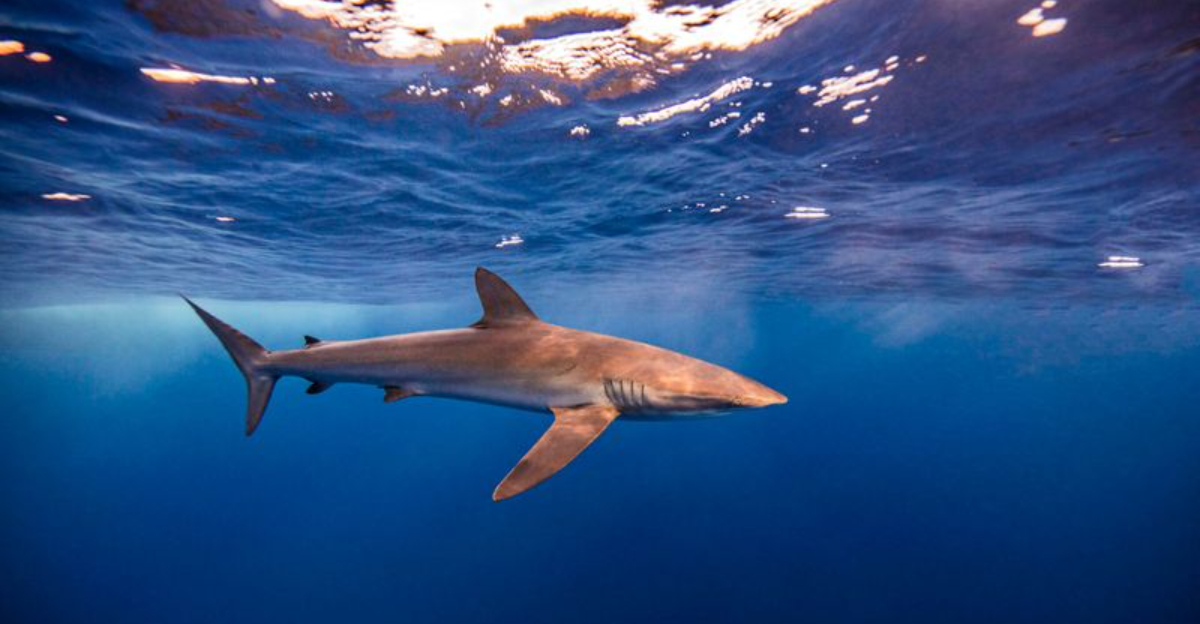
Imagine sharks swimming through scalding waters near underwater volcanoes. Sounds like a movie plot, right?
Scientists have recently confirmed this incredible reality – certain shark species actually thrive in active volcanic environments.
This surprising discovery challenges everything we thought we knew about these ocean predators and their survival capabilities.
1. Ocean’s Toughest Survivors
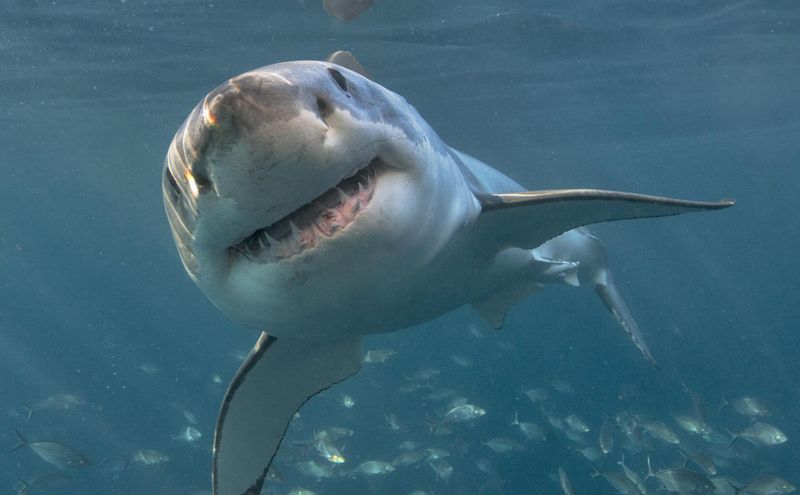
Move over, cockroaches! Sharks living in volcanic waters might be Earth’s most resilient creatures. These remarkable animals withstand extreme conditions that would kill most marine life instantly.
Their specialized adaptations allow them to navigate acidic waters and temperature fluctuations near underwater volcanoes, demonstrating nature’s extraordinary ability to evolve in unexpected ways.
2. Surprising Species Diversity
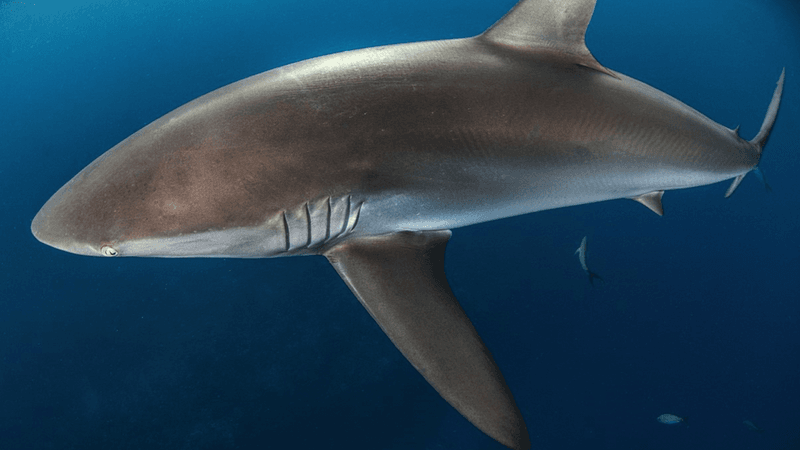
Not just one daredevil species calls these fiery underwater regions home! Scientists have identified several shark varieties thriving in volcanic environments, including rarely-seen deep-sea species.
Each has developed unique adaptations to the harsh conditions. The discovery challenges previous assumptions about habitat limitations and opens exciting new research possibilities about shark evolution.
3. Heat-Resistant Biology
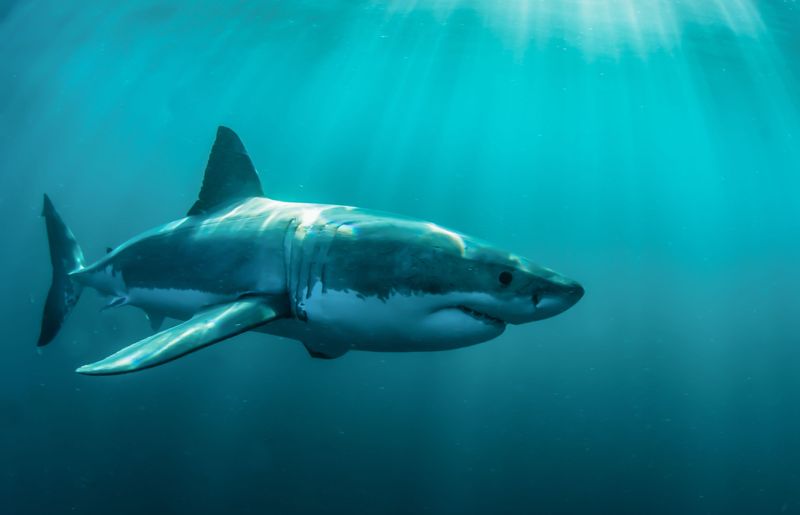
How do these sharks handle the heat? Their remarkable bodies contain specialized proteins that remain stable at temperatures that would denature normal cells.
Blood vessel structures efficiently dissipate heat while specialized skin cells provide additional protection. Think of them as nature’s ultimate heat shields, capable of withstanding conditions that would cook ordinary fish!
4. Volcanic Feeding Frenzies
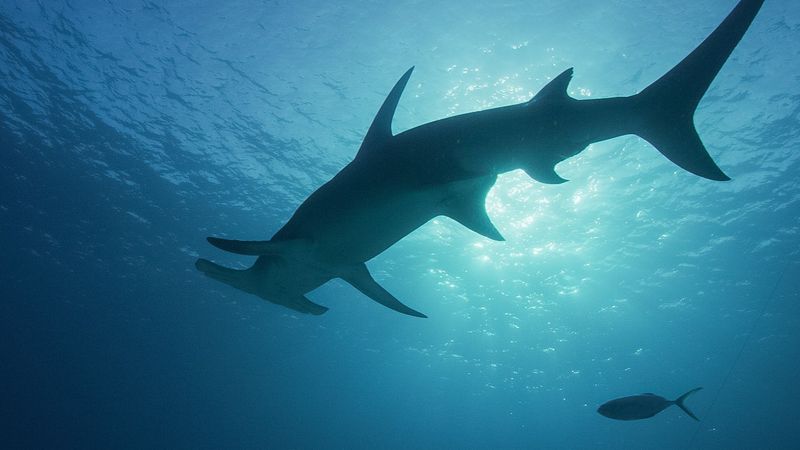
Volcanic activity creates unexpected feeding opportunities. When underwater eruptions occur, they churn up nutrients from the ocean floor, attracting smaller fish that become shark prey.
The volcano essentially serves as a natural feeding station! These sharks have learned to associate volcanic activity with abundant meals, showcasing their remarkable ability to exploit extreme environments for survival advantage.
5. Revolutionary Research Methods

Finding sharks in volcano zones wasn’t easy! Scientists deployed heat-resistant cameras and specialized submersibles to penetrate these dangerous environments.
Remote sensors tracked shark movements while thermal imaging revealed their hunting patterns. The research team even developed new protective equipment that allowed for closer observation without disturbing these remarkable creatures or risking human safety.
6. Ancient Volcanic Relationships
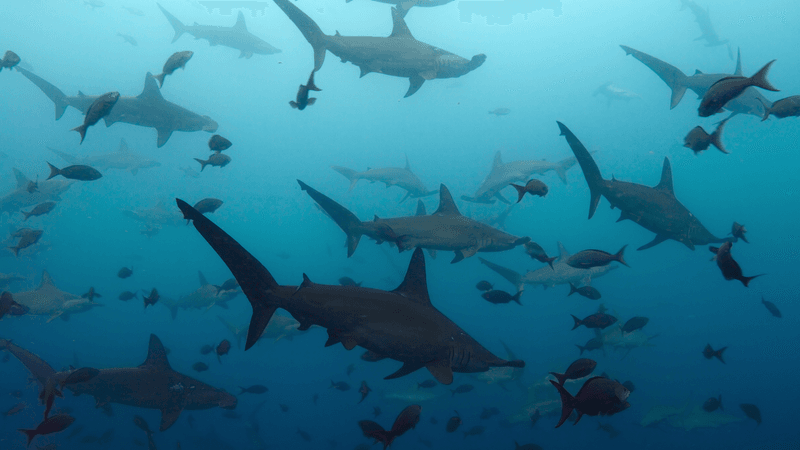
Fossil evidence suggests this isn’t a new phenomenon! Shark remains discovered near prehistoric volcanic sites indicate this relationship may date back millions of years.
Ancient shark teeth found embedded in volcanic rock layers tell a fascinating evolutionary story. These findings suggest sharks may have been exploiting volcanic environments since long before humans walked the Earth.
7. Medicinal Potential Discoveries
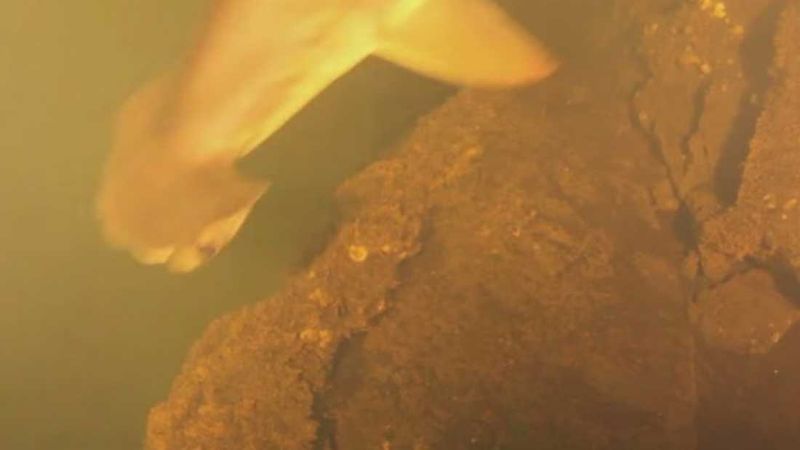
The extreme adaptations of volcano sharks might revolutionize medicine! Researchers are studying their unique proteins for potential applications in cancer treatments and burn therapies.
Their extraordinary ability to withstand harsh conditions could inspire new medications. Pharmaceutical companies have already begun synthesizing compounds based on these sharks’ biological adaptations, potentially creating breakthroughs for human health.
8. Mapping Volcanic Shark Territories
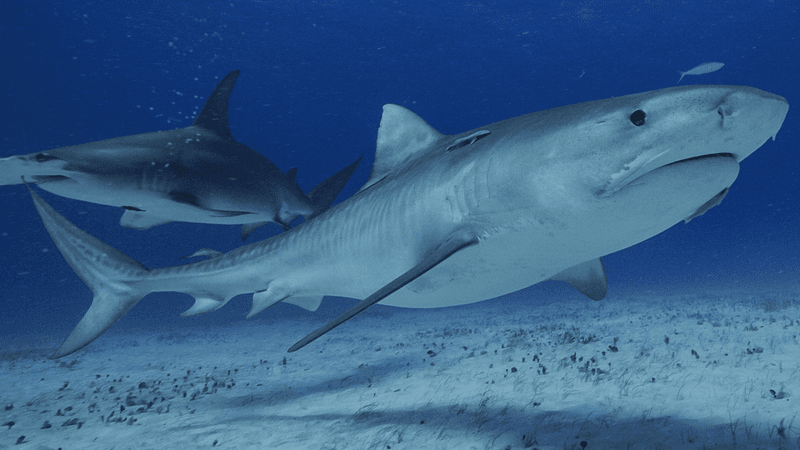
The Pacific Ring of Fire hosts most volcanic shark populations, particularly near Hawaii, Japan, and Indonesia. Each location features distinct species adapted to specific volcanic conditions.
Scientists are creating comprehensive maps showing these unique ecosystems. Understanding their distribution helps predict how climate change and human activity might impact these extraordinary sharks and their specialized habitats in coming decades.
9. Unexpected Behavior Patterns
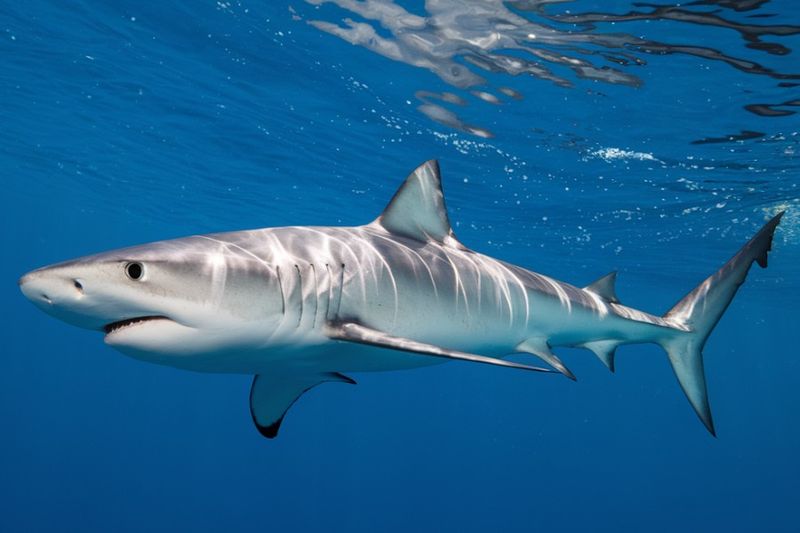
Volcanic sharks exhibit fascinating behaviors unseen in their open-ocean relatives! They follow predictable patterns around eruption cycles and display unique hunting strategies.
Some species even appear to communicate through body movements that might help navigate dangerous volcanic terrain. Researchers have documented them working cooperatively in ways previously thought impossible for shark species.
10. Conservation Challenges Ahead
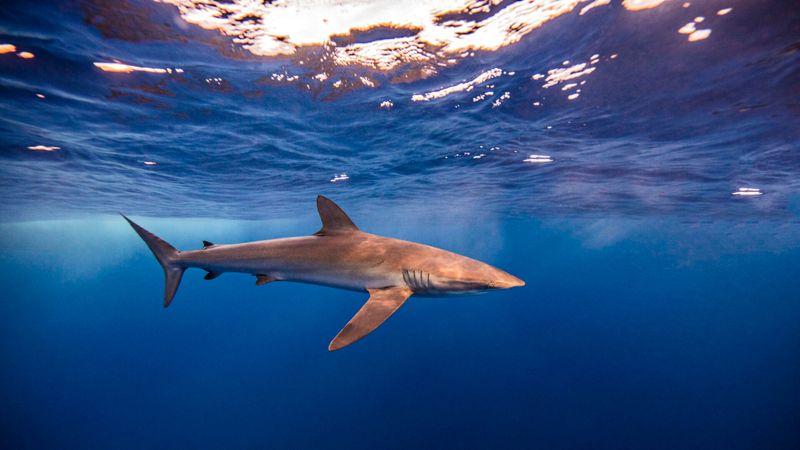
Despite their tough environments, volcano sharks face threats from ocean warming and acidification. Their specialized adaptations may not evolve quickly enough to match rapid climate changes.
Human activities near volcanic marine zones create additional pressures. Conservation efforts must consider these unique habitats and the remarkable sharks that call them home before these extraordinary evolutionary marvels disappear forever.
11. Cultural Significance Revealed
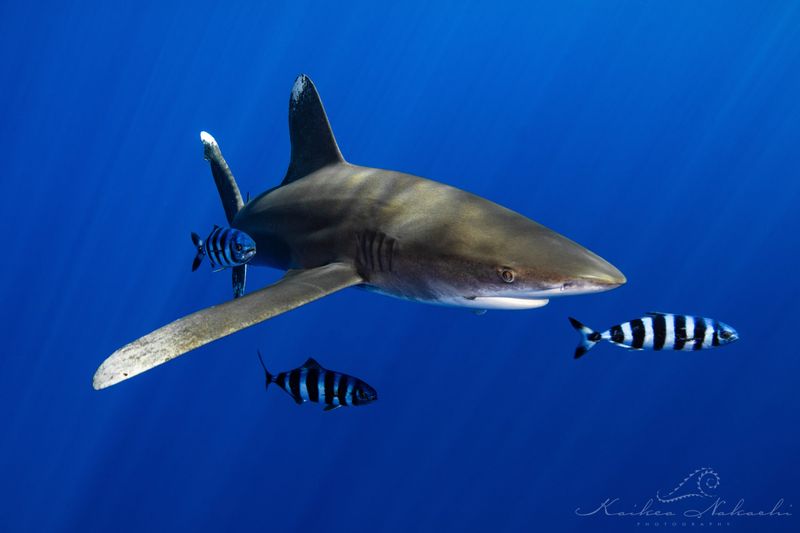
Indigenous Pacific Island cultures have known about volcano sharks for centuries! Ancient legends describe these creatures as spiritual guardians of underwater fire mountains.
Traditional fishing practices avoided certain volcanic areas out of respect for these sharks. Modern researchers now collaborate with indigenous knowledge-keepers to better understand these animals, combining scientific methods with generations of traditional ecological wisdom.
12. Future Research Frontiers
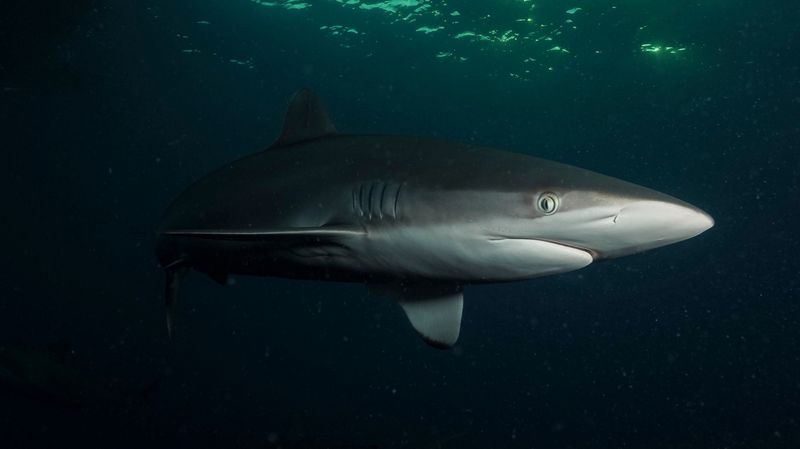
What secrets remain hidden in volcanic shark habitats? Scientists plan expeditions to unexplored underwater volcanoes, hoping to discover new species and adaptations.
Advanced genetic sequencing will help unlock the evolutionary mystery of how these sharks developed their remarkable abilities. The discoveries could revolutionize our understanding of life’s adaptability and perhaps even reveal clues about potential life on other planets!


